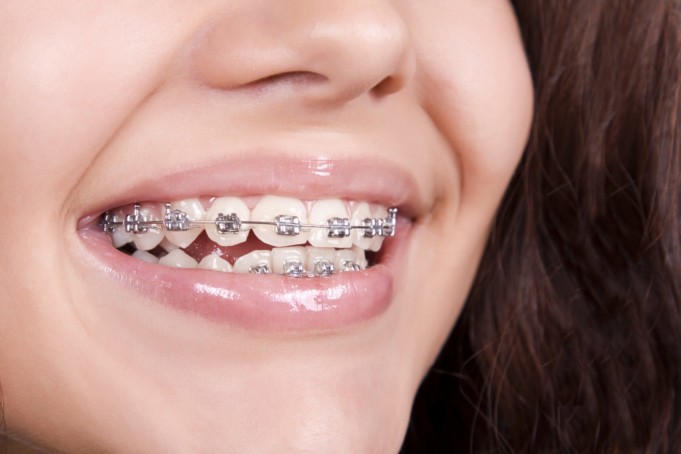Misaligned teeth can not only affect your child’s confidence but also their speech and comfort. There are many different reasons for a child to have orthodontic treatments, but at what age should they start?
How Old?
If you feel your child will need dental braces, you can schedule your first appointment with an orthodontist as early as 7 years old, however the perfect age for braces is different with each child.
In most cases, dental alignment starts after a child has lost most of their baby teeth and most of the adult teeth have begun to grow in. According to the MouthHealthy, this can range anywhere from 8 to 14 years old, but early checkups help avoid future problems.
Many orthodontists can prescribe interceptive tools while your child is still young, which can help align future teeth. This way, when it comes time for braces, corrections are easier to make.
What Do Braces Do?
Braces slowly push and align teeth into a straight and tight formation over time. Traditionally, brackets are attached to each tooth in need of alignment. Wires are then connected to the brackets, applying pressure to force teeth into alignment.
What Can Braces Fix?
Braces can fix a wide variety of problems. The most common factor is crooked and overlapping teeth caused when the jaw is too small and the teeth become overcrowded.
Braces can also fix malocclusions, otherwise known as a bad bites. When the upper jaw is larger than the lower jaw, an overbite occurs. When the lower jaw is larger, it is known as an underbite.
Types of Braces
Braces with wires, brackets and rubber bands are most common. The bands are changed out frequently and come in multiple colors, allowing your child some personalization.
Over the last decade, Invisalign treatments have become increasingly popular with dental clinics like Brantford Mall Dental Office in Toronto. These braces are entirely clear and removable, aligning teeth as the dentist rotates out mouthpieces into tighter and straighter designs over time.
These treatments allow kids to brush and floss normally without specialized equipment. They can also be removed, so there are no off-limit foods or drinks.
Talk with your dentist at your child’s next regularly scheduled checkup if you think your child may require orthodontic corrections. While they may need to wait until they are older for braces, a skilled orthodontist can limit the expense and length of treatment needed by helping to prevent future problems now.












